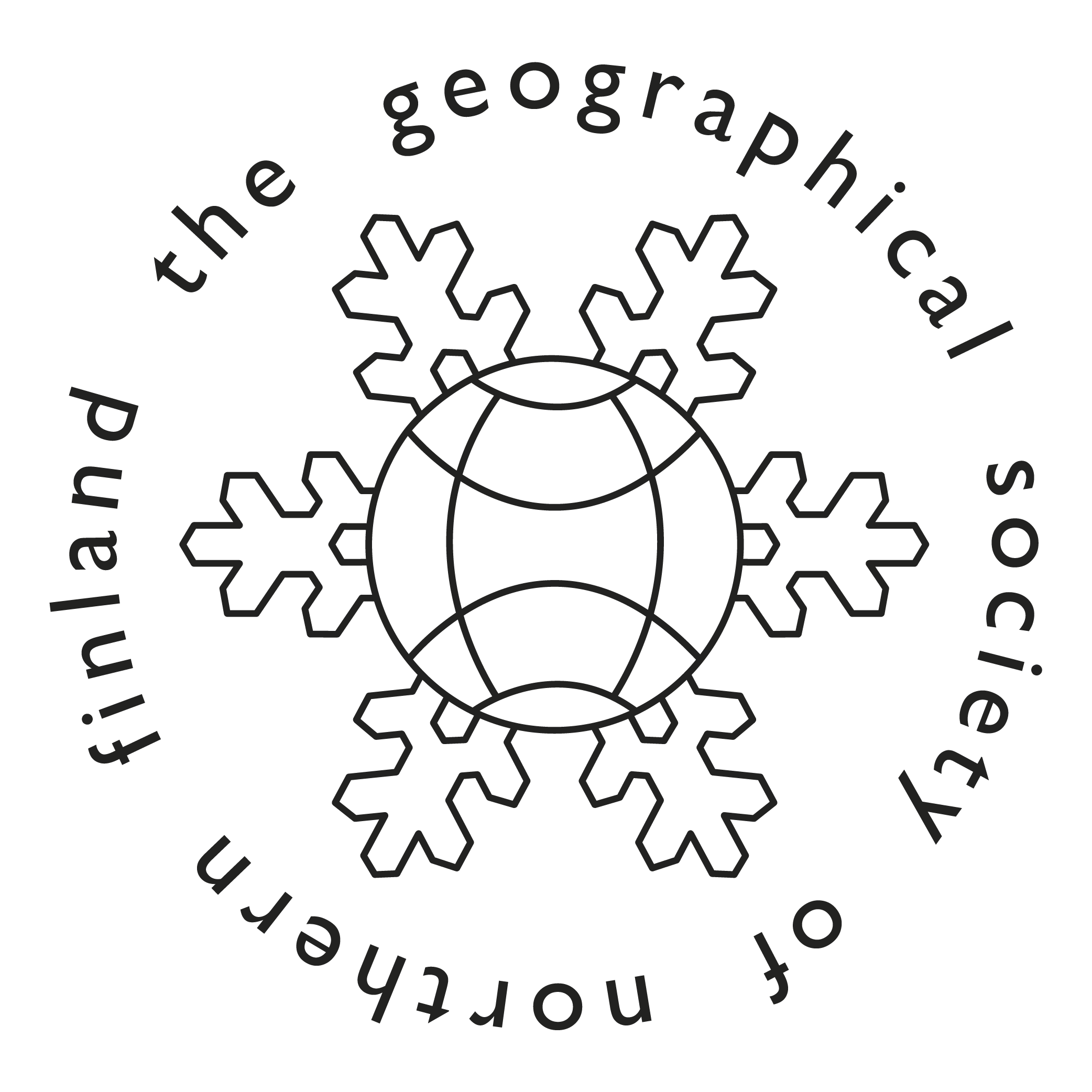Oikeudenmukaisuuden maantiede: individuaatio, transformaatio ja perustuslaillinen lakimaisema
DOI:
https://doi.org/10.30671/nordia.147514Abstract
The doctoral dissertation is located in the field of geography of justice and is also the first Finnish dissertation research related to the geography of justice. The dissertation research creates new theoretical and empirical openings for the discussion on spatial justices and geographies of justices, in which the research participates in the form of three sub-publications and a summary section that synthetically connects them. The research builds one perspective on the geography of justice by combining the geographical research approach with the philosophical, jurisprudential, and historical research approaches.
The main results of the dissertation have been substantiated with the help of three articles. Article I discusses the development of knowledge describing spatial justice in the context of the philosophical-scientific struggle. The key results of the first publication emphasise the importance of interaction between different research traditions and the importance of critical evaluation between presuppositions for the development of new knowledge. The theoretical framework of Article I provides a theoretical basis for Articles II and III, which empirically examine the evaluation procedures and their justifications in municipalities and welfare regions. The findings emphasise how a predictive awareness of the evaluation procedures related to conceptions of spatial justice guides the operation of municipalities and welfare areas.
In the dissertation, the perspective of the geography of justice is examined in the context of the Finnish state and municipalities. The dissertation research emphasises the importance of individuation, transformation, and the constitutional legal landscape in the development of the relationship between the Finnish state and justice. Spatial individuation means that the Finnish state space involves historically constituted benefits and burdens striving to be transformed, that is, reconstituted. The study emphasises the importance of the constitutional legal landscape as a particular characteristic of the Finnish state. The democratic processes produced by the legal landscape are seen as the most important state force producing spatial justice. The dissertation strives to challenge the understanding of spatial justice or injustice universally, underlining how spatial justice, as an ontological-epistemic phenomenon, cannot be understood through the presuppositions created by one theoretical tradition alone.
In addition to the conceptual contribution related to the geography of justice, the dissertation provides new knowledge of the background and context of the state-led assessment procedures targeting municipalities and welfare areas, their implementation processes, and consequences from the viewpoint of municipalities. Moreover, it offers an interdisciplinary spatial justice perspective and a discussion of the foundation of the Finnish state, the development of the municipal and regional structure after the civil war, and the relations between Finland and the European Union. By highlighting the understanding of relativity related to the object of justice and spatial conceptions of justice, the dissertation increases awareness of the space for togetherness created by fundamental rights, and hence builds a bridge for cooperation in both scientific and societal life.

Downloads
Published
Issue
Section
License
Copyright (c) 2024 Jukka Keski-Filppula

This work is licensed under a Creative Commons Attribution-NonCommercial-NoDerivatives 4.0 International License.






